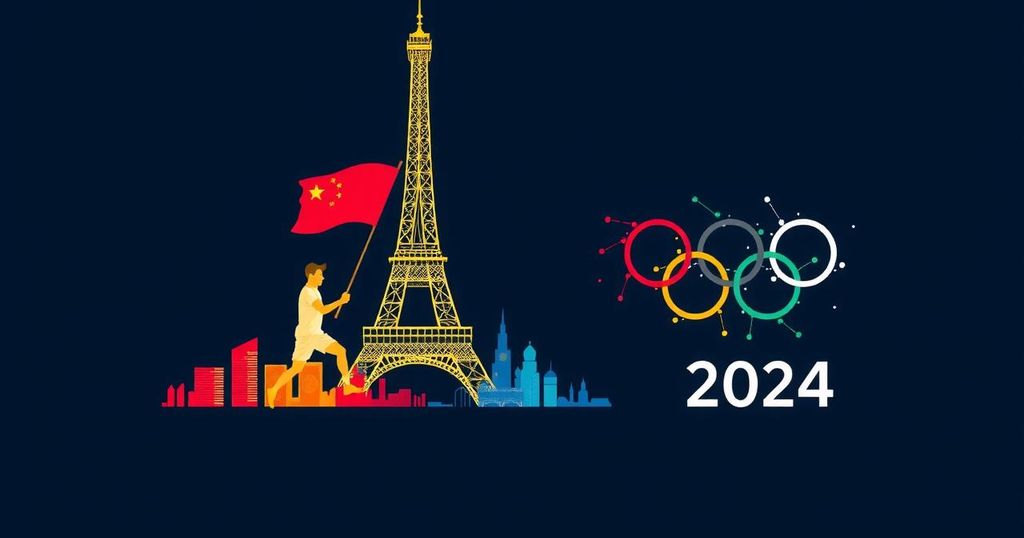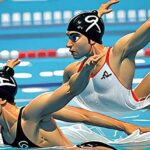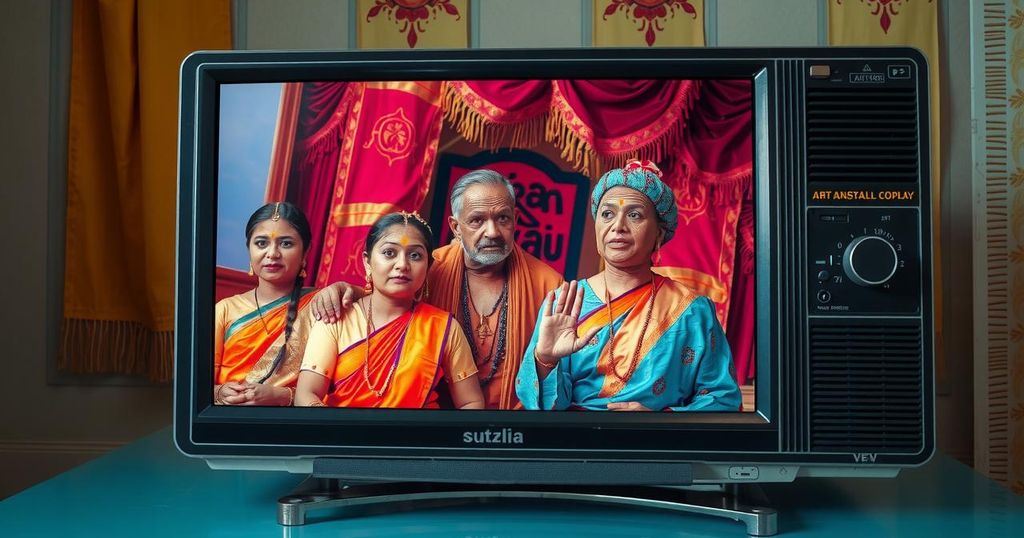China’s Unyielding Dominance in the Paralympic Games: An Overview of Success and Challenges
The Paralympic Games, renowned for showcasing exceptional athletic talent among individuals with disabilities, have seen a notable and repeated pattern of domination by the People’s Republic of China. Since the Athens Games in 2004 to the recent Tokyo Games in 2021, China has consistently emerged as the dominant force in the medal standings. The Chinese contingent achieved an astounding 96 gold medals in Tokyo, significantly overshadowing the 38 gold medals secured by Great Britain, which claimed the second position.
Following these Games, the narrative presented by China’s state media often emphasizes the national achievements in parasports as milestones of social integration and self-fulfillment for individuals with disabilities. Critics, however, argue that this celebration occurs in contrast to the more significant challenges faced by the approximately 85 million citizens with disabilities in China, where discrimination remains a pressing concern.
To comprehend the roots of China’s success, one must consider the comprehensive training infrastructures established within the country. Notably, the vast parasport training center located north of Beijing plays a pivotal role in preparing athletes for international competition. This facility, inaugurated in 2007 to coincide with the first Olympic Games held in China, is recognized as the largest training center dedicated to high-level athletes with disabilities worldwide.
While this center serves as a focal point for intensive training before major competitions, athletes also benefit from an extensive network of 30 regional centers throughout the nation. Such a structured approach ensures the cultivation of emerging talent and maximizes medal-winning potential.
During a recent visit in July, observers noted athletes engaging in rigorous training regimens: wheelchair basketball players honed their skills near weightlifting competitors, while archery participants practiced at the outdoor ranges. The swimming section boasted swimmers adapting to various challenges, demonstrating commitment to honing their techniques. The environment, invigorated by motivational banners urging athletes to “always outdo yourself, work hard, and show courage,” further illustrates the dedicated cultural ethos surrounding para-athletic achievement in China.
Among those preparing for the impending Paris Paralympic Games set for August 28 to September 8, athlete Tan Yujiao stands out. The accomplished weightlifter has previously won gold in the under-67kg category during both the Rio 2016 and Tokyo 2021 Games and has earned multiple world championship titles. Currently focused on maintaining her Olympic success in France, Ms. Tan embodies the rigorous standards and aspirations upheld by Chinese athletes as they strive for excellence on the global stage.
In conclusion, China’s historical success in the Paralympic Games is not simply a matter of chance; it is a direct outcome of strategic training, organizational support, and a national emphasis on performance in this arena. As the world turns its attention to Paris, one can expect the powerful narrative of China’s contribution to parasports to unfold further, raising questions regarding the genuine support for individuals with disabilities within its borders.








Post Comment